2013 is off to a great start, and if you’re a fantasy reader there are a ton of great books to choose from. With the releases of A MEMORY OF LIGHT (UK | AUS), ICE FORGED (US | UK | AUS), and now SEVEN KINGS (UK |US | ANZ), you have a lot of reading to do.
Today let’s talk epic fantasy with authors Gail Z. Martin and John R. Fultz. Below is the first of a two part interview about writing in the genre and the most recent projects of these two authors. Come back tomorrow for the second half.
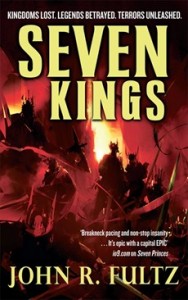
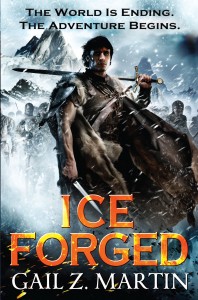
…
Gail Z. Martin: SEVEN KINGS is your second novel, and you’ve said that you think it is even better than your debut work. What did you learn writing your first book, and how did that affect your new book?
John R. Fultz: What a great question… I think that writing SEVEN PRINCES was very freeing for me because at the time I wrote it I had no guidelines, no publisher, no deadlines, no expectations except those I built myself. I remember telling a friend: “I’m going to write this story and let it be as long as it wants to be, and take as long as it needs to take.” After years of writing short stories it was time to make the transition to novelist, and all the advice I’d been given said “First, you must write the novel—everything else will follow.” So I took a “damn the torpedoes” approach and wrote the novel that I most wanted to write, with all the elements that had fascinated and attracted me to epic fantasy for decades. I came up with some fascinating characters, dropped them into an interesting setting, and basically let them run. It was very cathartic, and I finished the novel in far less time than I thought I would—I had built up some serious momentum. I usually write novels over the summer when I’m not teaching, and I’ve written three more “summer novels” since then. Of course the “idea work” begins months earlier, but summer is my official “writing season,” when I go nocturnal and spend as much time as I want in front of the keyboard. With SEVEN PRINCES I also had some great advice from a local writing group to help me get the early chapters just right.
With SEVEN KINGS, things had changed. New challenges presented themselves, and my priorities were quite different. I had already established a great cast of characters that I loved writing about, as well as the world they inhabited and most of the major conflicts that drove the narrative. The rules of sorcery were there (if not fully revealed yet), as well as the threads of many plotlines that would carry throughout all three books. So my job with Book II: SEVEN KINGS was to “deepen” the pot. I wanted to introduce some new characters, and to reveal more of the mystery that is Iardu the Shaper, including his role in the history of the world. I had always planned to explore the dichotomy of Lyrilan and Tyro as the Twin Kings, two very different brothers attempting to rule the same kingdom. And I knew I would stay with Vireon and Sharadza, the Children of Vod. My Book I antagonists had been defeated but not completely vanquished in the first book, so I needed to take them to a new level. Finally, I wanted to explore more of the deep history of the Shaper’s world, and reveal some heretofore obscure regions of it. This is why I decided to begin SEVEN KINGS deep in the jungles of Khyrei, a nation ruled by wicked powers that the rest of the world hates and fears.
There were also some “happy endings” in SEVEN PRINCES that I always intended to reveal were far from “happily ever after.” For example, Sharadza’s marriage to D’zan seems like a fairytale ending in the first book, but in the second book you find out the marriage is a failure—and for a reason that Sharadza refuses to reveal. Likewise with Vireon and Alua’s seemingly “perfect” family…there is more going on here than either of them suspects and it takes seven years to manifest. Life rarely serves up genuine happy endings, and I wanted to reflect that in this series by going back and showing the consequences of the new situations established at the end of the first book.
I guess you could say my goal with SEVEN KINGS was to raise the bar on the conflict, the characters, the threat, and above all the sorcery. Someone told me that SEVEN PRINCES was really all about sorcery, and I agreed. If that’s true then it also applies to the entire series. In some ways I wanted to subvert all the victories of the first book and show that the real story is far more vast and complex, like magic itself. Hopefully this mirrors how difficult it is to be a King, as opposed to a Prince. A King actually has to rule the kingdom, fight the wars, confront the overwhelming threats, and live with the terrible choices he makes. Kings rarely get second chances.
In many ways SEVEN KINGS is the “Act Two” of the trilogy, and traditionally the second act of any drama expands and complicates the elements of the first act. This is also why the second part of any trilogy is often considered “darker,” and I expect that to be said of SEVEN KINGS as well. It is decidedly darker: The worst is yet to come for these characters and the world they have built. Also, Book II: SEVEN KINGS takes place seven years after Book I, but Book III will take place only seven DAYS after Book II. So there is a much more immediate connection between Books II and III than between I and II.
(more…)
 How thick is dragonhide? Maybe as tough as a 650 page epic fantasy novel? Yeah that sounds about right, but…then what? Shockingly, none of us at Orbit have faced down any dragons recently. Vampires? Please, too easy. A splash of holy water, a stake through the heart, the hardest part is cleaning up the mess. Zombie Apocalypse? We’ve got all our contingency plans covered.
How thick is dragonhide? Maybe as tough as a 650 page epic fantasy novel? Yeah that sounds about right, but…then what? Shockingly, none of us at Orbit have faced down any dragons recently. Vampires? Please, too easy. A splash of holy water, a stake through the heart, the hardest part is cleaning up the mess. Zombie Apocalypse? We’ve got all our contingency plans covered.
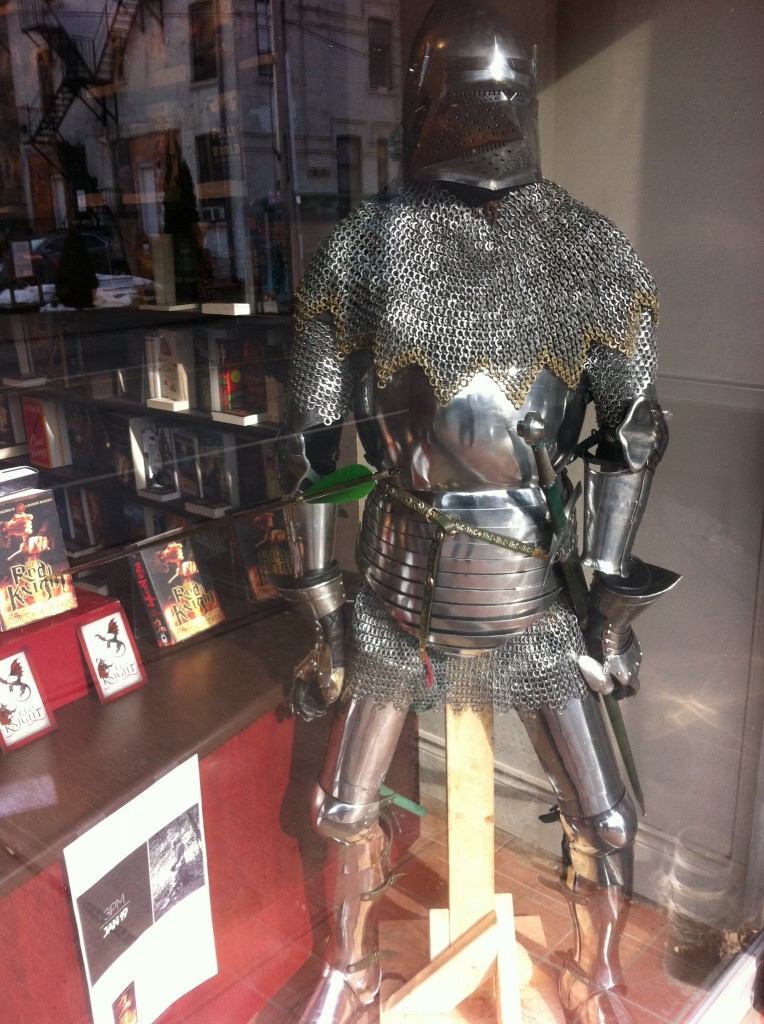
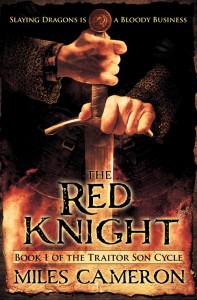



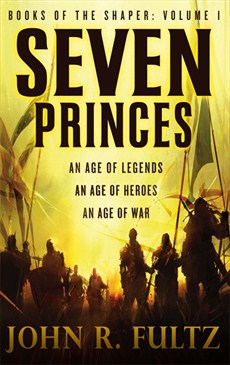
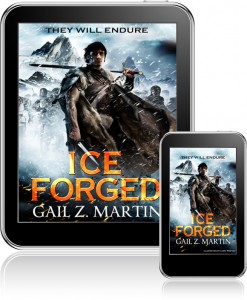
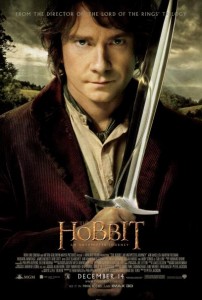
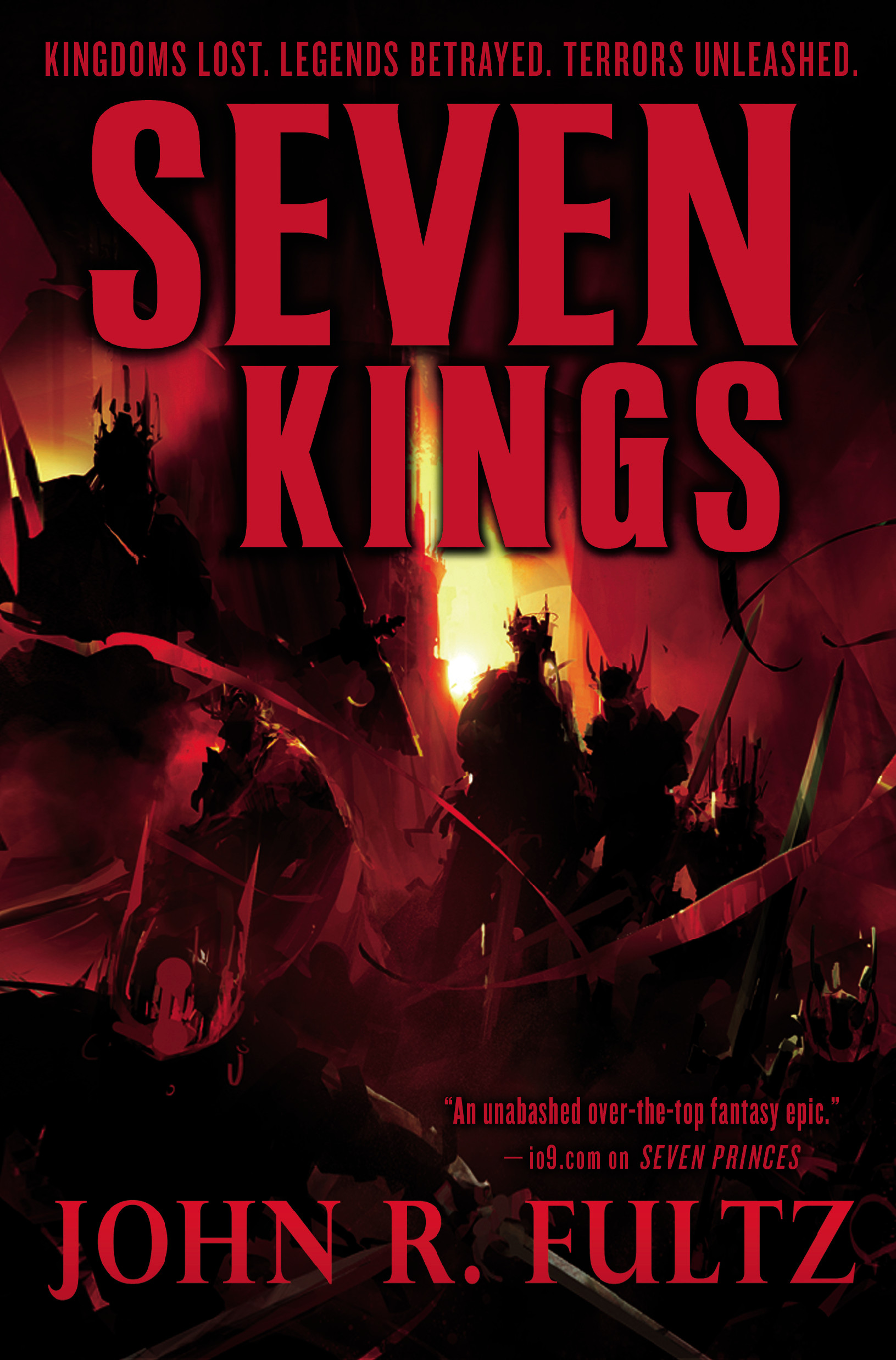 Read Chapter One of SEVEN KINGS (
Read Chapter One of SEVEN KINGS (